(ECNS)-- During Beijing's battle gainst COVID-19, some foreigners here in the city are eager to join Michael Wester's WeChat groups to obtain the latest pandemic prevention and control information.
Wester is from the United States and has lived in Beijing for more than 20 years. He launched a special “Coronavirus” column on The Beijinger, where he posts updates on the latest pandemic developments according to the government’s daily press conference.
So far, the number of WeChat groups he manages has increased to 20. With one application after another, the members of many groups have reached the upper limit of 500.
Every day, he spends more than five hours translating and summarizing the information and sending it to his groups. Everything said in these groups must be true and verified. This is his guiding principle.
Wester said he originally established the WeChat groups to “help foreign friends fall in love with the city”. Due to various reasons like language barriers and cultural differences, foreigners who have just come to China struggle to access information channels. “At least they need to know where to eat and where to have fun, so that they can slowly integrate into local society,” Wester said.
During the pandemic, his reason for updating information remains unchanged. He says he doesn’t want foreigners to think the city they are living in, which he calls “a second home,” is bad and unapproachable.
When COVID-19 cases were reported in Wuhan, Wester wrote an article, calling on people to abide by government regulations, not to gather, and wear masks when going out.
Having experienced Beijing's handling of acute infectious diseases like severe acute respiratory syndrome, or SARS, he knew the city would not disappoint him.
Through his special column and WeChat reporting pandemic-related information, he keeps telling people that they could stay here and be safe. “I think for the most part that's been true," he said.
Sometimes people who live far from home are often more apt to feel helpless as they are unfamiliar with their surrounding environment. They are more inclined to believe in rumors and even become unintentional rumor-spreaders. When rumors related to the pandemic spread, he immediately reminds group members to remain rational and wait for official documents and notifications.
Yangguangshangdong is a large housing development in Jiuxianqiao, where many foreigners happen to live. Rumors spread on Wechat that supermarkets in the district were running out of food.
Wester saw the rumors. For him, every piece of news must be verified or at least released by the government. He didn’t believe the stories in the Wechat group, so he went to a supermarket in that alleged district and took pictures of the shelves, which were normally emptied and restocked the next day. Later, he also went to two other supermarkets in the area. The whole process was recorded in a video he sent to the WeChat group.
"You have to be responsible for your words. You can’t just be crazy like that," he said.
Facts always speak louder, and he is always willing to find out the truth.
When there were rumors that a district was locked down, he rode a shared bike to that area. Again, he strolled around, took pictures and made a real-time video.
After finishing the “investigation”, he showed the group members his health code, which had not turned red, while no one had taken him to quarantine.
“I have not been fabricating anything,” he said, "I’m just trying to make people realize that living in a state of heightened fear all the time is not good for anybody because “Beijing is a very practical city.”
Wester runs True Run Media, a company that collects the latest life and entertainment information in Beijing.
Recently, Wester is abiding by the pandemic prevention policy and staying home, working from home and carrying on his endeavor. He hopes that Beijing will soon win the battle and return to normal.












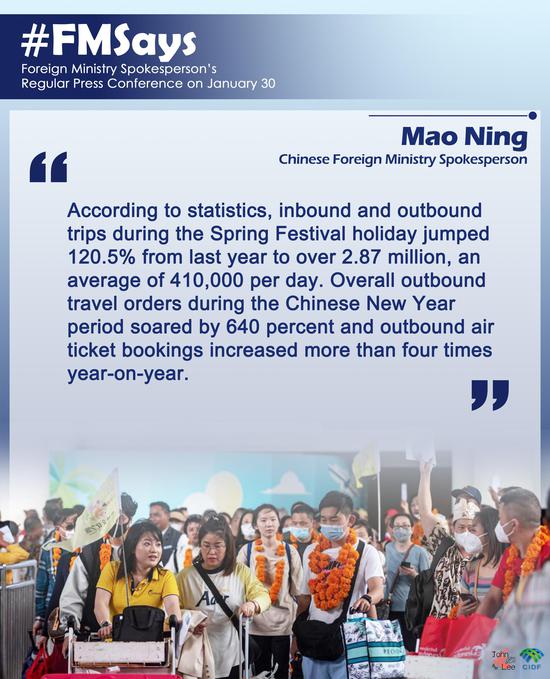



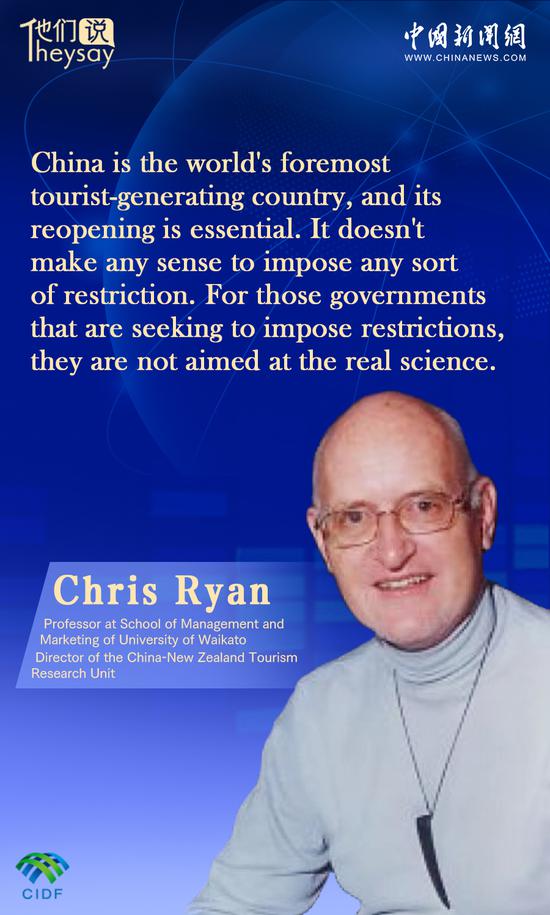
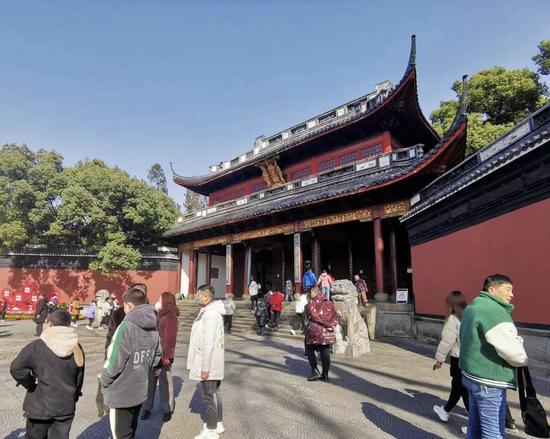
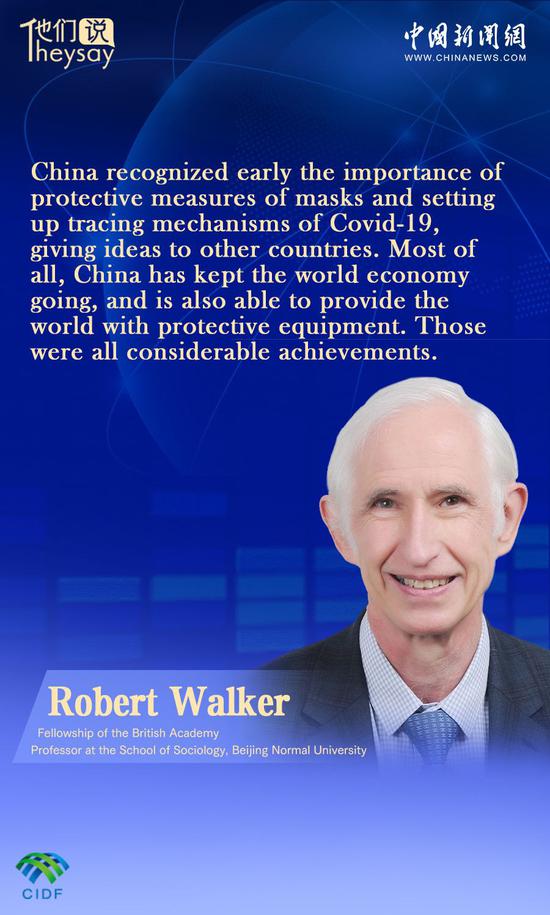
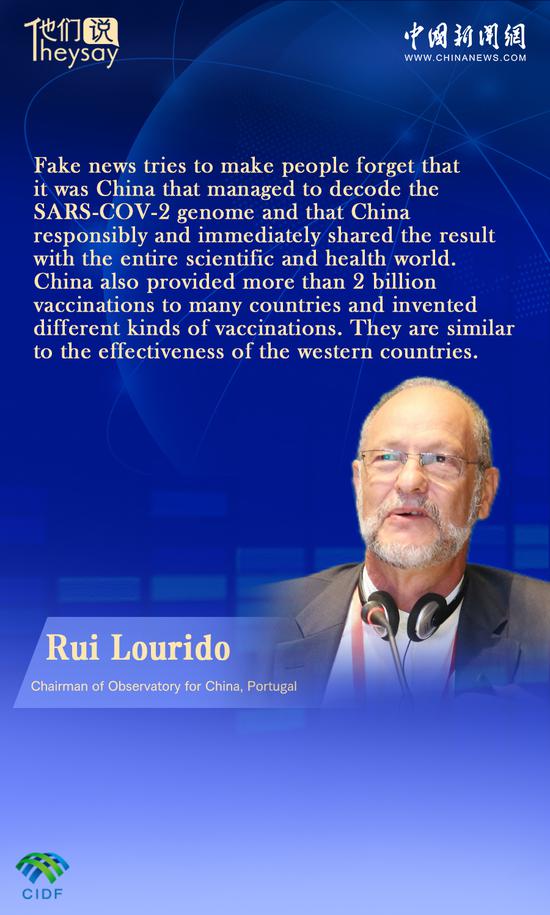


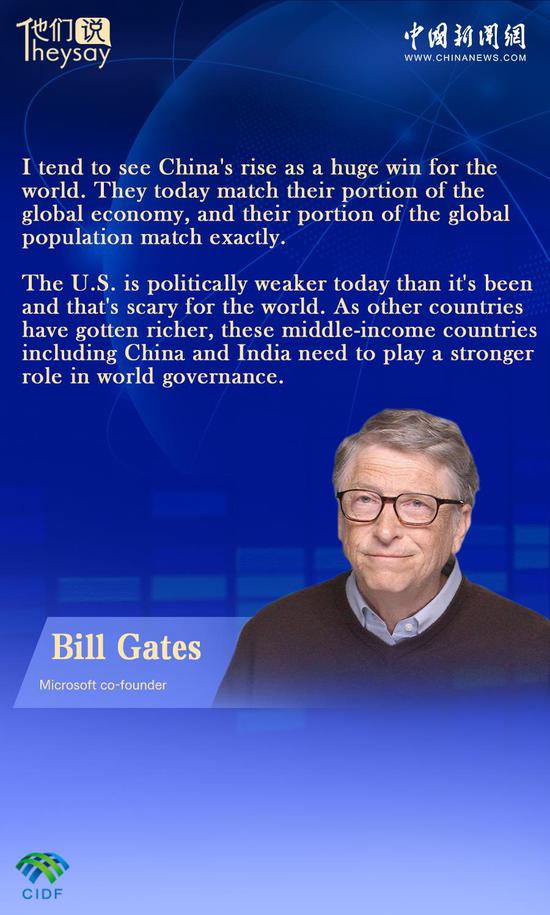


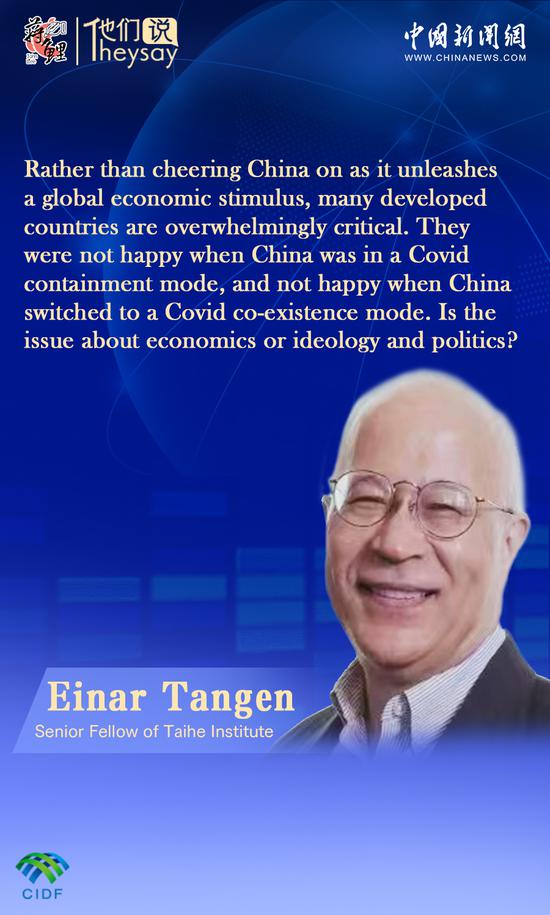
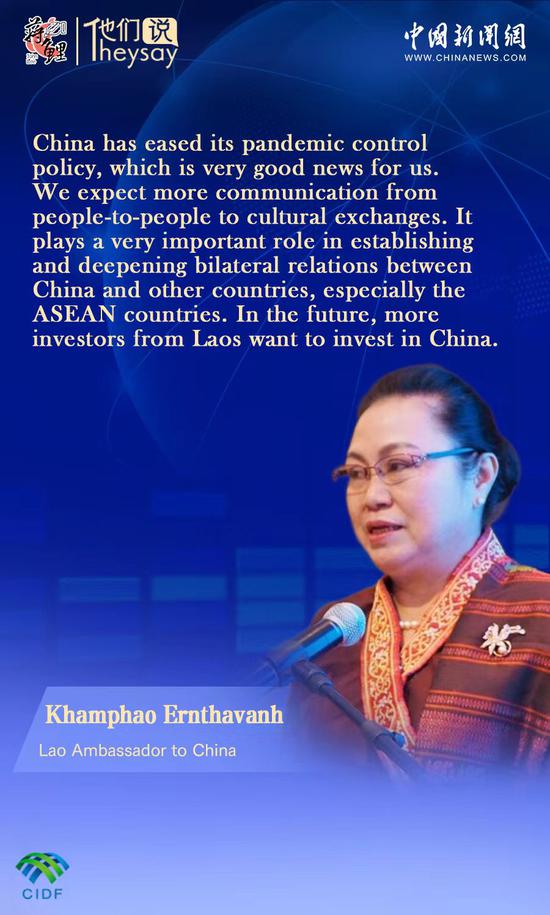


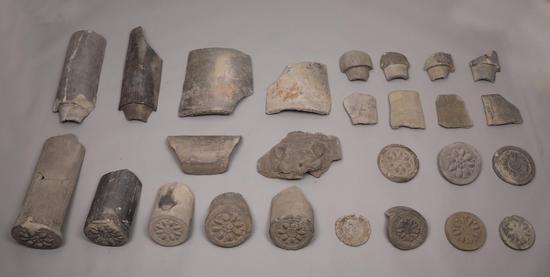
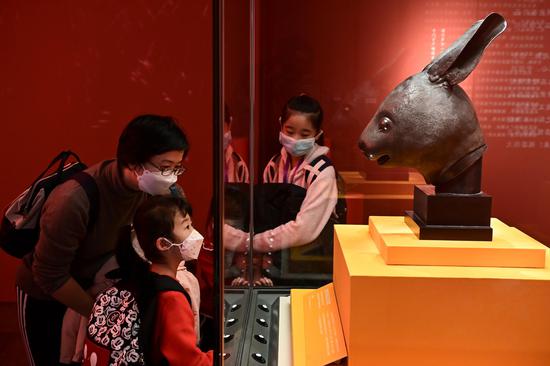

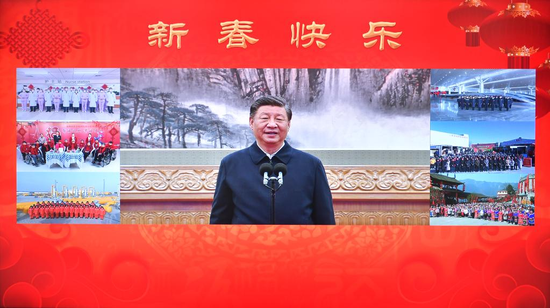


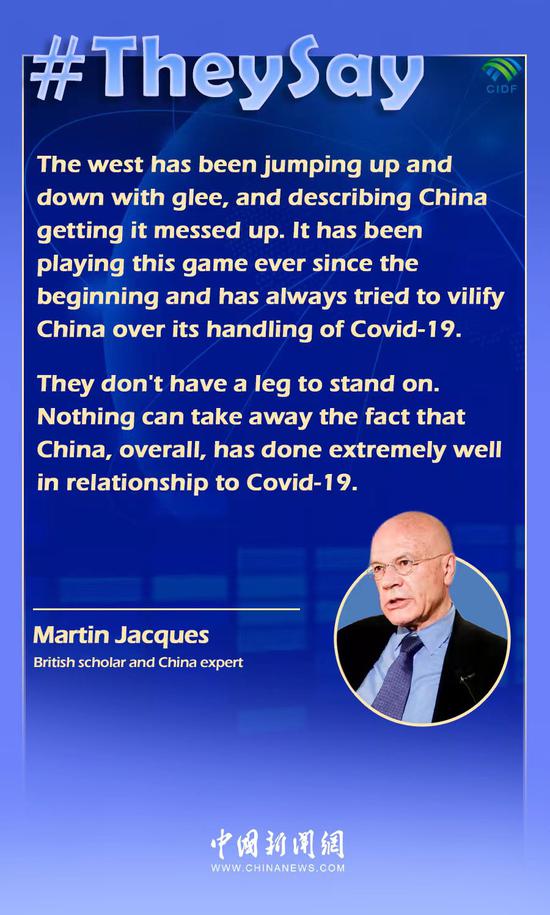














 京公网安备 11010202009201号
京公网安备 11010202009201号